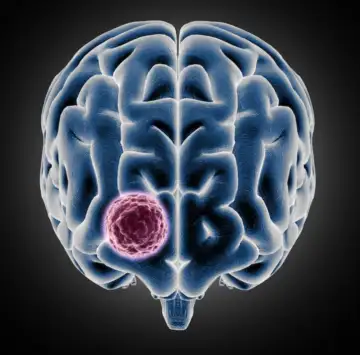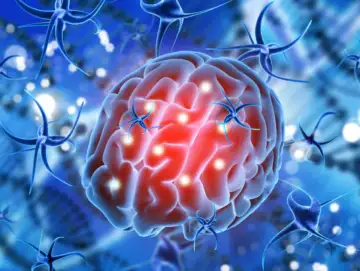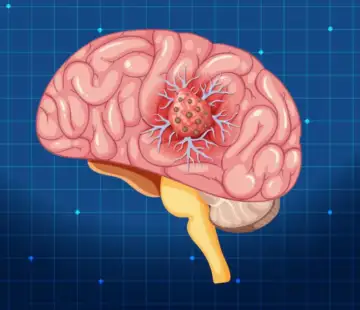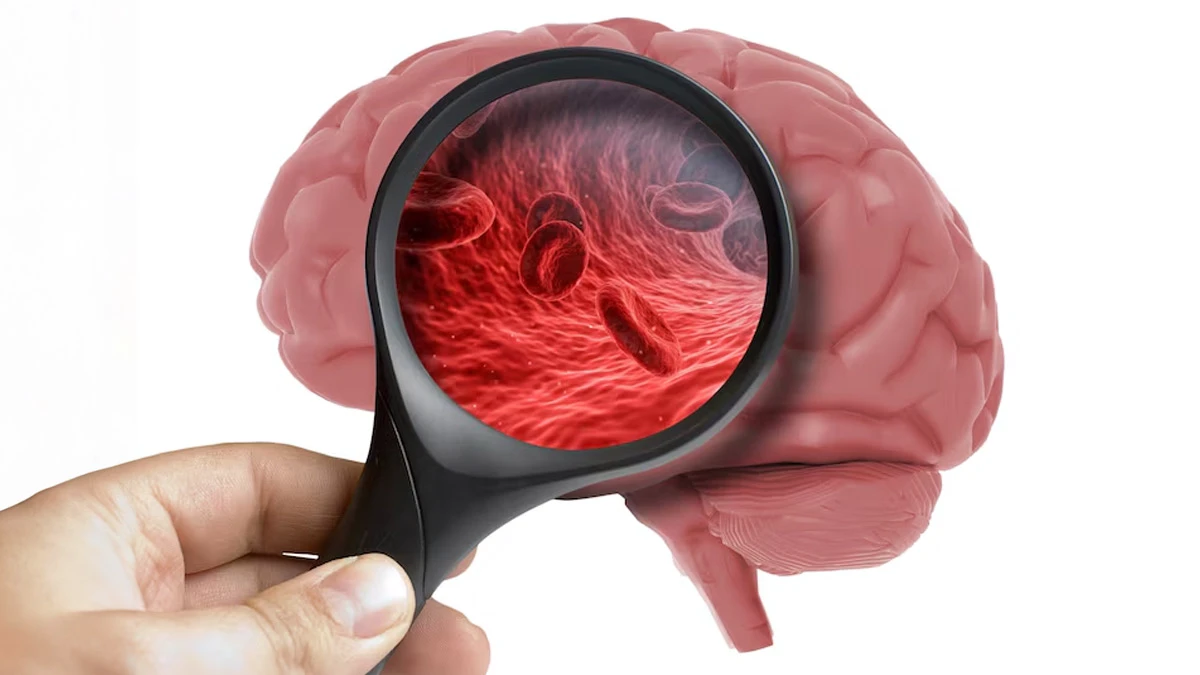It’s easy to dismiss common headaches or occasional dizziness as stress, fatigue, or dehydration. But when certain symptoms persist, they may indicate a more serious issue, such as brain cancer.
Early detection is crucial, and recognising unusual symptoms early on can save lives. While brain cancer is relatively rare, its symptoms can be subtle and often overlap with more common health conditions.
Early Symptoms of Brain Cancer
Here’s a closer look at five early symptoms of brain cancer that should never be ignored.

Persistent or Worsening Headaches
Most headaches are temporary and tied to common triggers like stress or lack of sleep. However, if you notice a pattern of headaches that keep increasing in frequency or intensity, it could be a sign of something more serious. Persistent headaches, especially those that do not respond to usual pain relief methods, may indicate increased pressure inside the skull, which is often caused by a growing tumour. These headaches are frequently accompanied by nausea or vomiting, making them distinguishable from regular headaches.
If you experience regular headaches that become worse over time, especially if they are not relieved by typical over-the-counter pain medication, it’s time to consult a healthcare provider.
Vision Changes
Changes in vision can be an early warning sign of brain cancer. Tumours pressing against the optic nerve or areas of the brain responsible for visual processing can cause blurry vision, double vision, or even brief periods of vision loss. These symptoms can start subtly, with patients noticing that they have to squint more often or have difficulty focusing. Bright lights may seem too intense, or you may struggle to see clearly, even with corrective lenses.
If you experience sudden or gradual vision changes, such as difficulty focusing or double vision, make sure to mention these symptoms to your doctor, as they could signal a deeper issue.
New-Onset Seizures
A first-time seizure in an adult is a serious red flag. Seizures can occur when brain tumours interfere with the brain’s electrical activity. The symptoms of a seizure can vary, ranging from full-body convulsions to brief jerking movements in one part of the body. Some individuals may experience temporary confusion, difficulty speaking, or a brief loss of consciousness.
If you experience a seizure, it is critical to seek immediate medical attention. Even a single, isolated seizure could be an early sign of brain cancer.

Cognitive Changes
Brain tumours can have a significant impact on cognitive function. Tumours affecting the frontal lobe or other areas of the brain may result in noticeable changes in memory, judgement, decision-making, and mood regulation. You may experience forgetfulness, irritability, or even signs of depression and anxiety. These symptoms may not seem immediately alarming but can gradually interfere with day-to-day functioning.
If you notice persistent memory lapses or changes in mood and behaviour that are affecting your personal or professional life, it’s important to discuss these with your doctor. These changes can be subtle at first but can worsen over time.
Problems with Balance and Coordination
A brain tumour located in the cerebellum or other motor-control regions of the brain can cause issues with balance and coordination. This may result in stumbling, dizziness, or difficulty performing tasks that require fine motor skills, such as buttoning a shirt or writing. If one side of your body feels weak or numb, it could be a sign that a tumour is affecting specific brain areas.
Any issues with balance, coordination, or weakness on one side of your bodyshould not be ignored. These could indicate a tumour that is pressing on key areas of the brain responsible for motor control.

Recognising the early symptoms of brain cancer can make a huge difference in the effectiveness of treatment. While symptoms like persistent headaches or cognitive changes might seem innocuous at first, they could be signs of something more serious.
